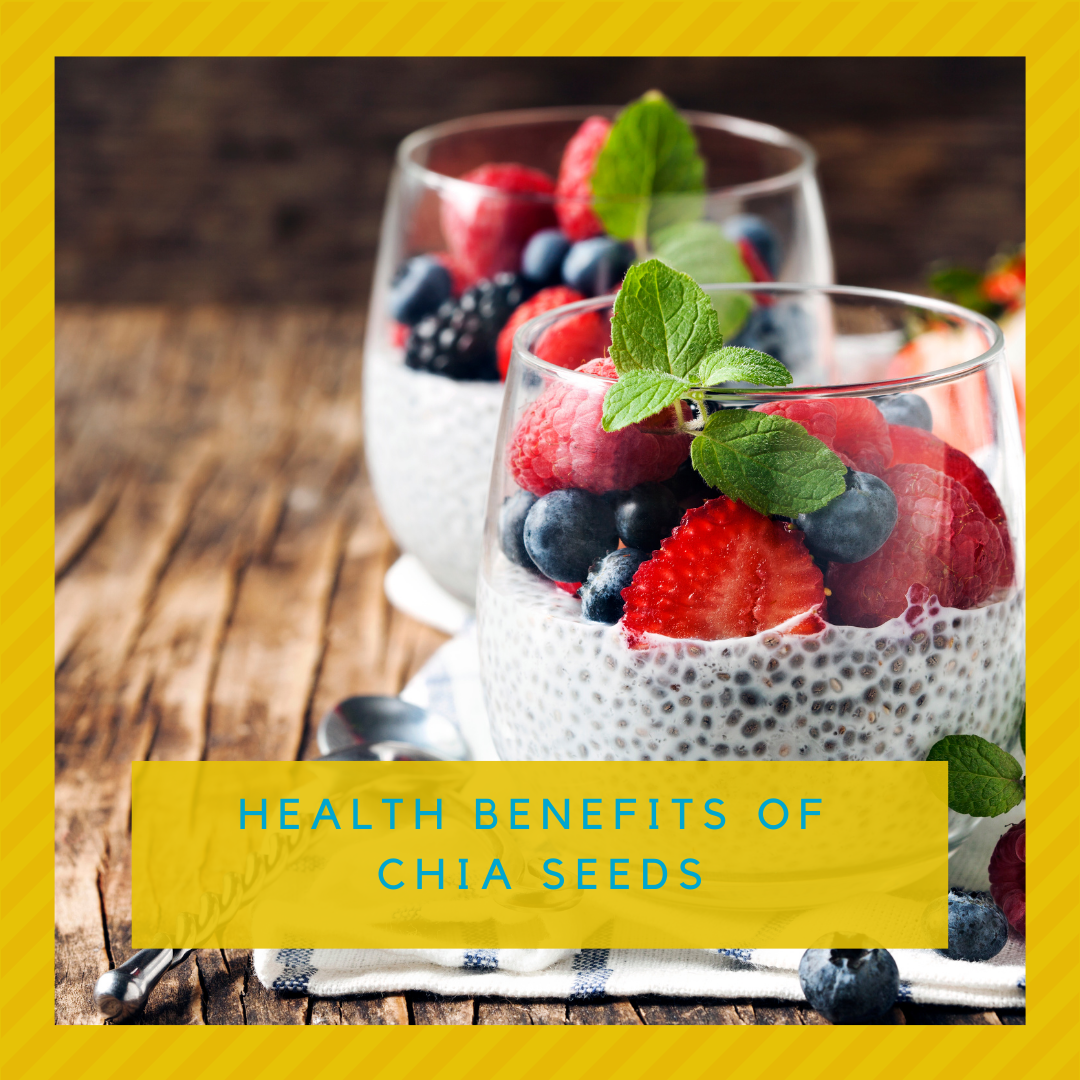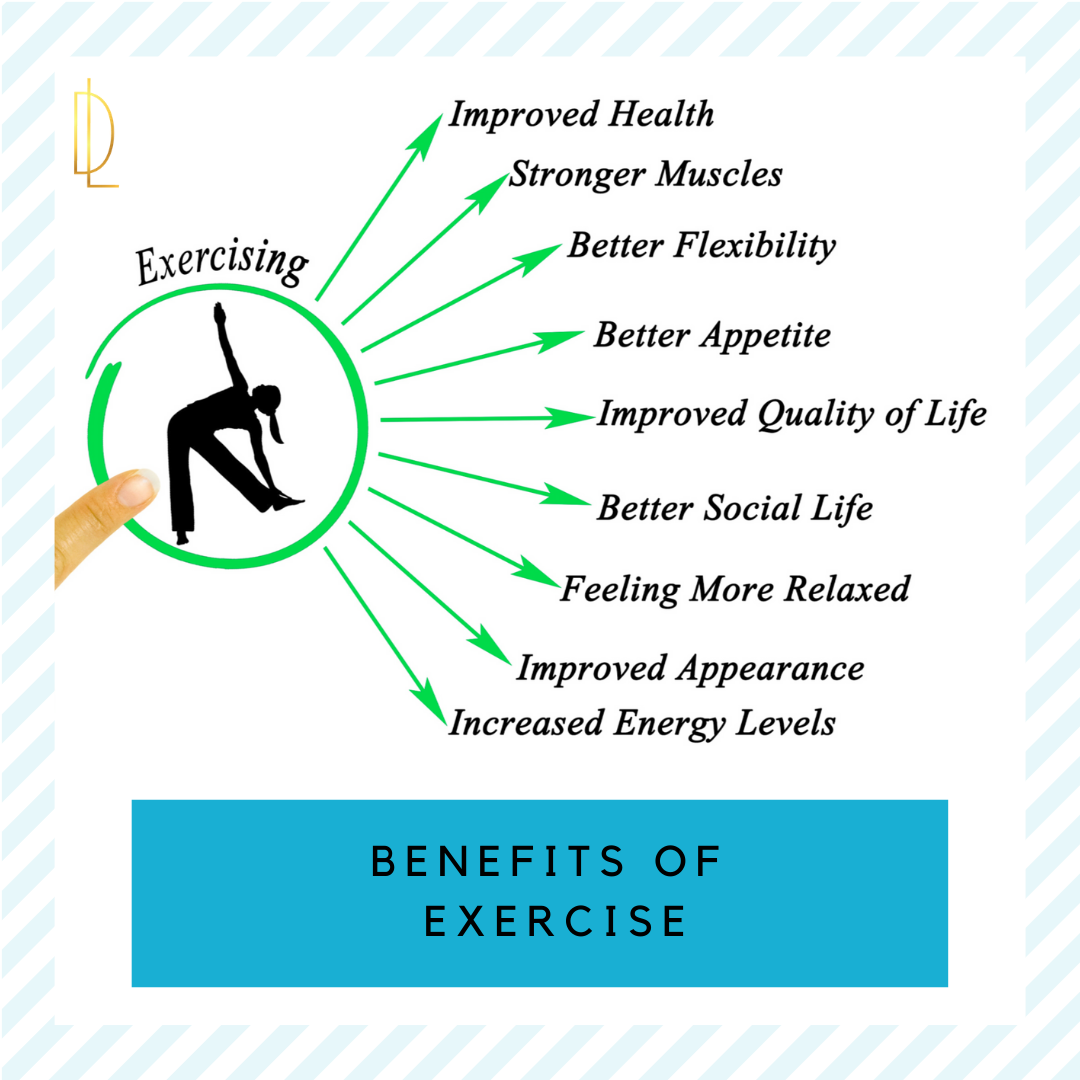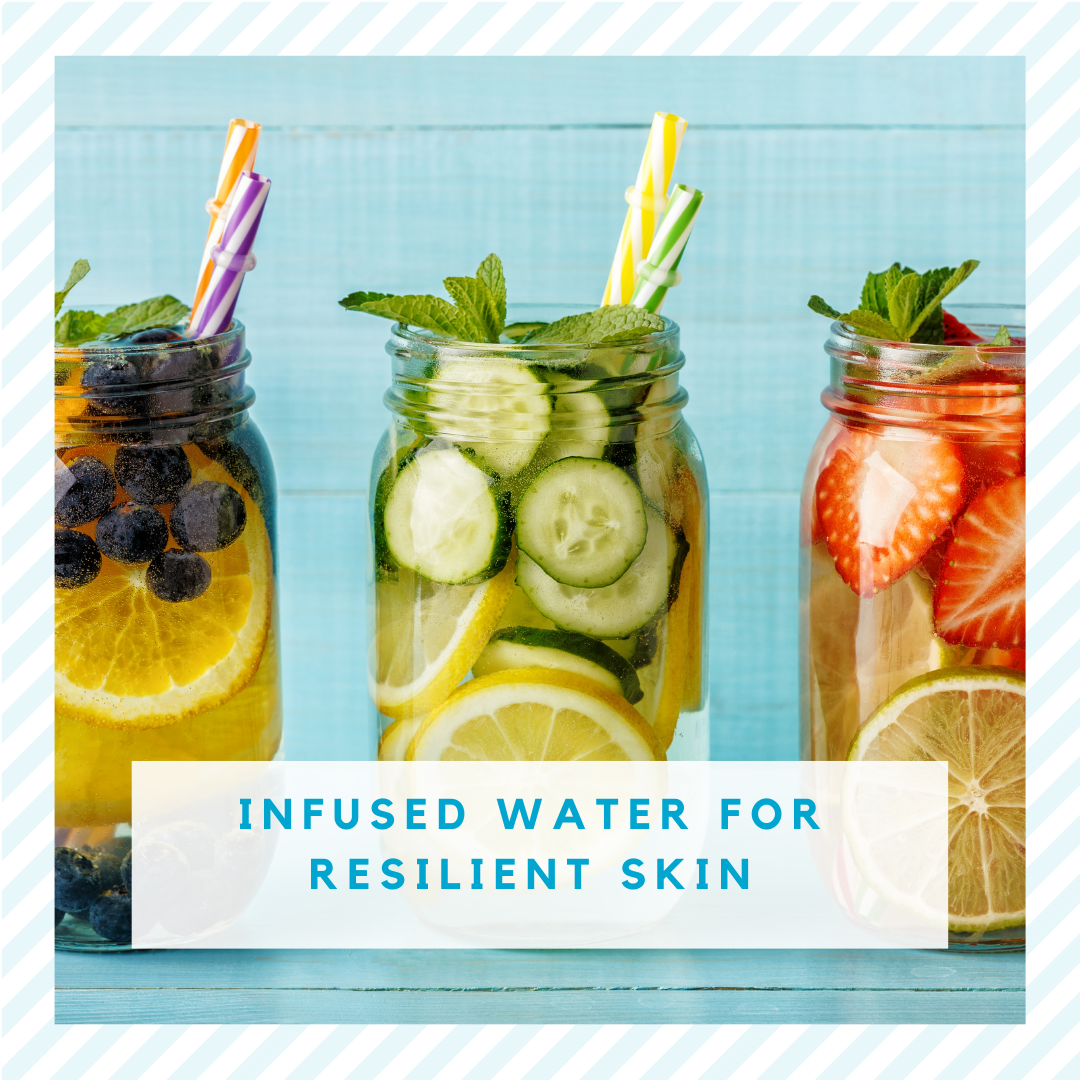Achieving the optimal protein intake of 100-130g per day can be accomplished through a balanced diet rich in a variety of protein sources. Incorporating lean meats, poultry, fish, eggs, dairy products, legumes, nuts, seeds, and plant-based protein sources like tofu and tempeh can help you meet your daily protein needs.
Read MoreIn the world of functional medicine, the holidays present a unique opportunity to align festivities with optimal health. Here are some insights and strategies to ensure your hormones stay in harmony during this celebratory season.
Read MoreResearch has shown that vitamin C can help to reduce cortisol levels and improve mood. A study conducted on high school students found that those who received vitamin C supplements had a 51% reduction in perceived stress.
Read MoreThose with gluten sensitivity, celiac disease, or other related health concerns can find significant relief and improvements in their quality of life by going gluten-free. With the right guidance, a gluten-free diet can open the door to a healthier, happier you.
Read MoreAchieving and maintaining a healthy gut doesn't have to be complicated. By following these five nutritional strategies, you can support your gut health and, in turn, enhance your overall well-being.
Read MoreIf you have been looking up healthy recipes like smoothies, you probably see that chia seeds are often recommended. This is because of the amazing amount of nutrients they contain. Here are some health benefits of using chia seeds.
Read MoreIf you are looking to get healthy, energized, and improve your overall quality of life, exercise can be the very answer you are looking for. The benefits of exercise are truly endless.
Read MoreStarting an exercise plan can be one of the most difficult things you ever have to do. The good news is that once you do it, you will feel so much better about yourself that you will see that the extra effort was worth it. However, there are some things you should consider when starting an exercise program.
Read More









